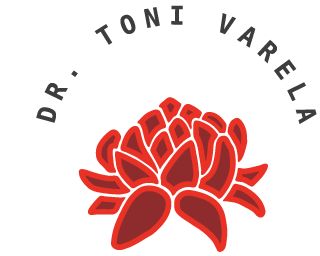DHEA: It does a body good
Remember the days of remembering where you placed your car keys, high energy and sexual desire, and that hour glass figure that made every man you walked by do a double take? If not, you may need a boost in Dehydroepiandrosterone (DHEA). DHEA is the most prominent circulating steroid in the human body produced by our adrenal glands, and as we age and undergo stress, so do our hormones, like DHEA. DHEA converts into testosterone and estrogen; and depending on the dosage, you can manipulate into which one DHEA is converted. Perhaps this is the reason why DHEA is also considered beneficial in preventing heart disease, osteoporosis, and cancer. DHEA levels peak in our mid-20’s and gradually decline to only 15 to 20 percent by middle age and later.Nevertheless, at lower doses, when DHEA is converted into testosterone, side effects of facial hair growth and acne are often seen. At higher doses, DHEA converts into estrogen, which has been often used in postmenopausal women with symptoms of hot flashes, insomnia, and vaginal dryness.
Apart from these functions, DHEA also has important biological functions itself. Recent experimental and human studies show that DHEA is involved in a large variety of physiological processes, including immune function, brain function, bone metabolism, blood lipid metabolism, energy metabolism, the regulation of normal blood sugar and insulin levels, and the maintenance of lean body mass.
In my clinical experience, DHEA has been proven beneficial for a wide variety of health concerns, and in particular for anti-aging treatment. If you are interested in learning more about DHEA and getting your DHEA levels tested, contact Dr. Varela for a 15 minute free consult or make an appointment today by calling (925) 786-0375.
